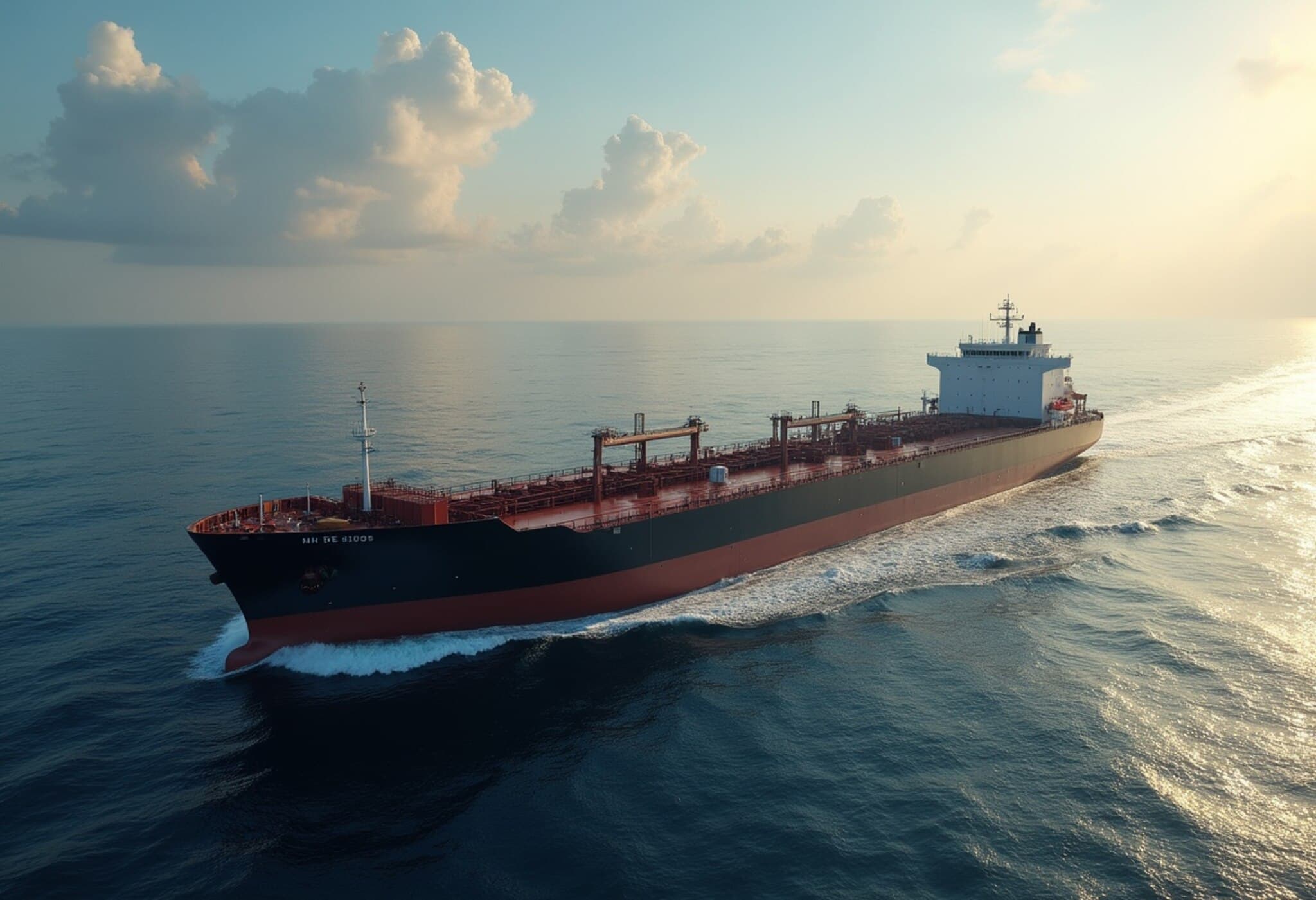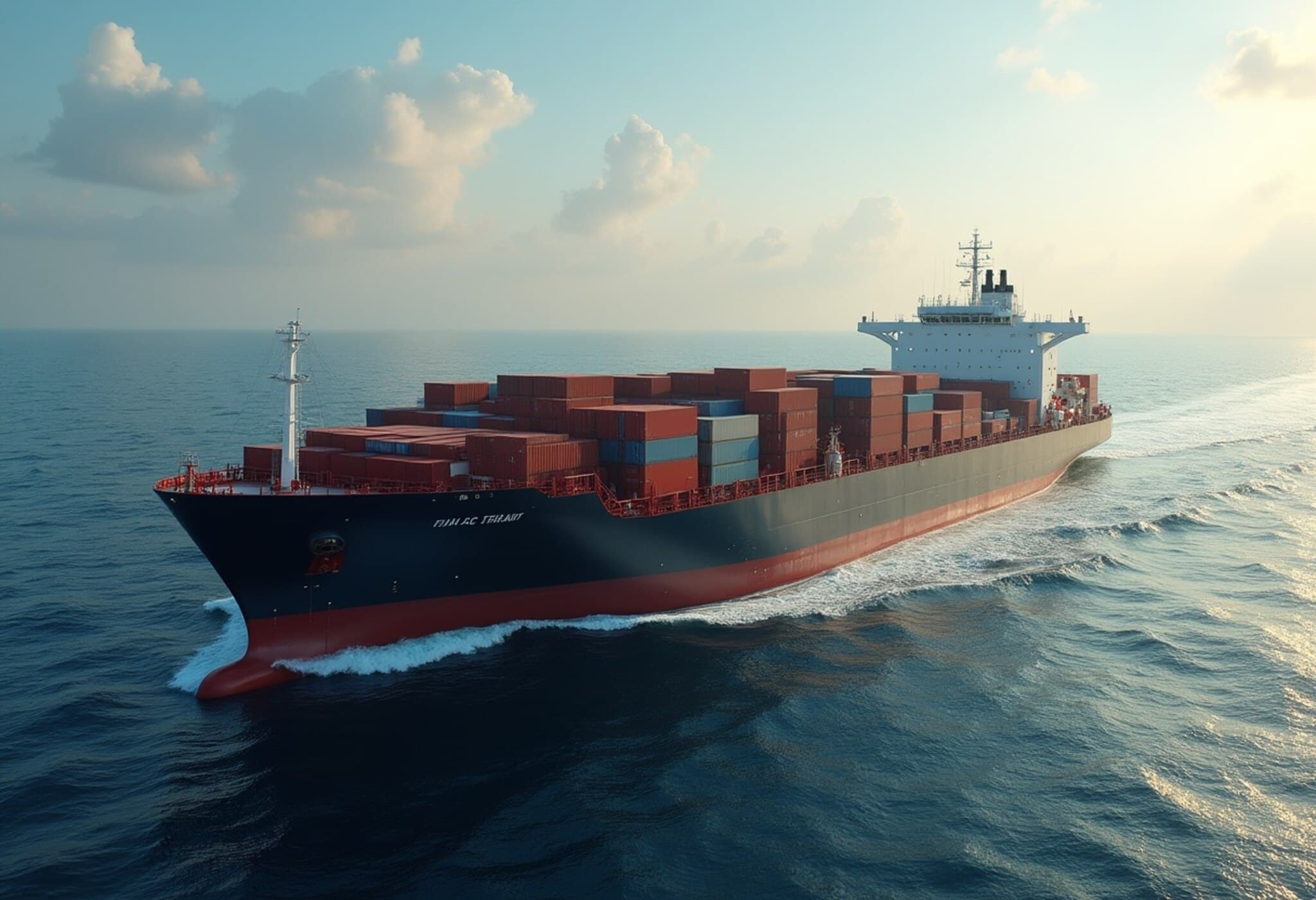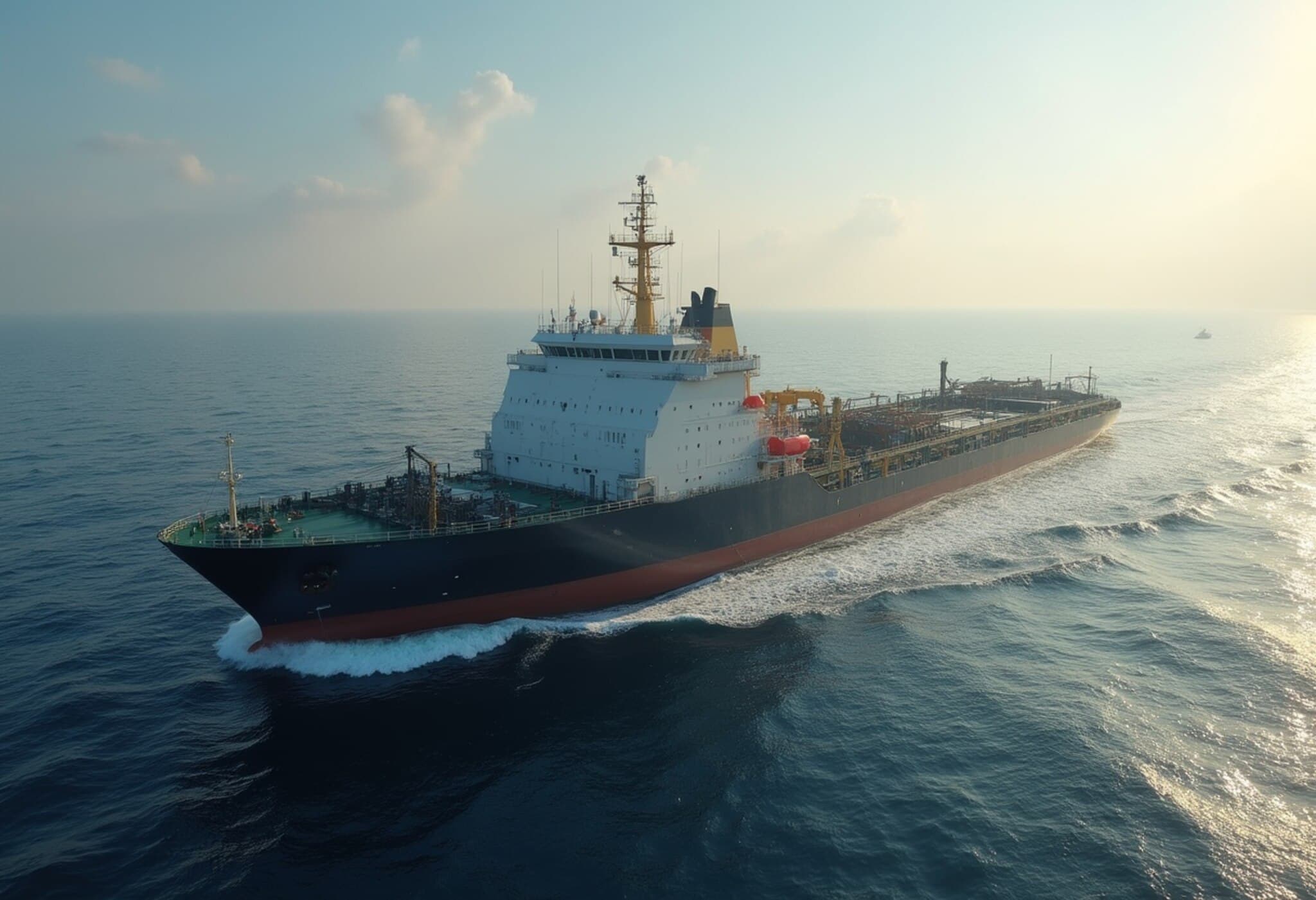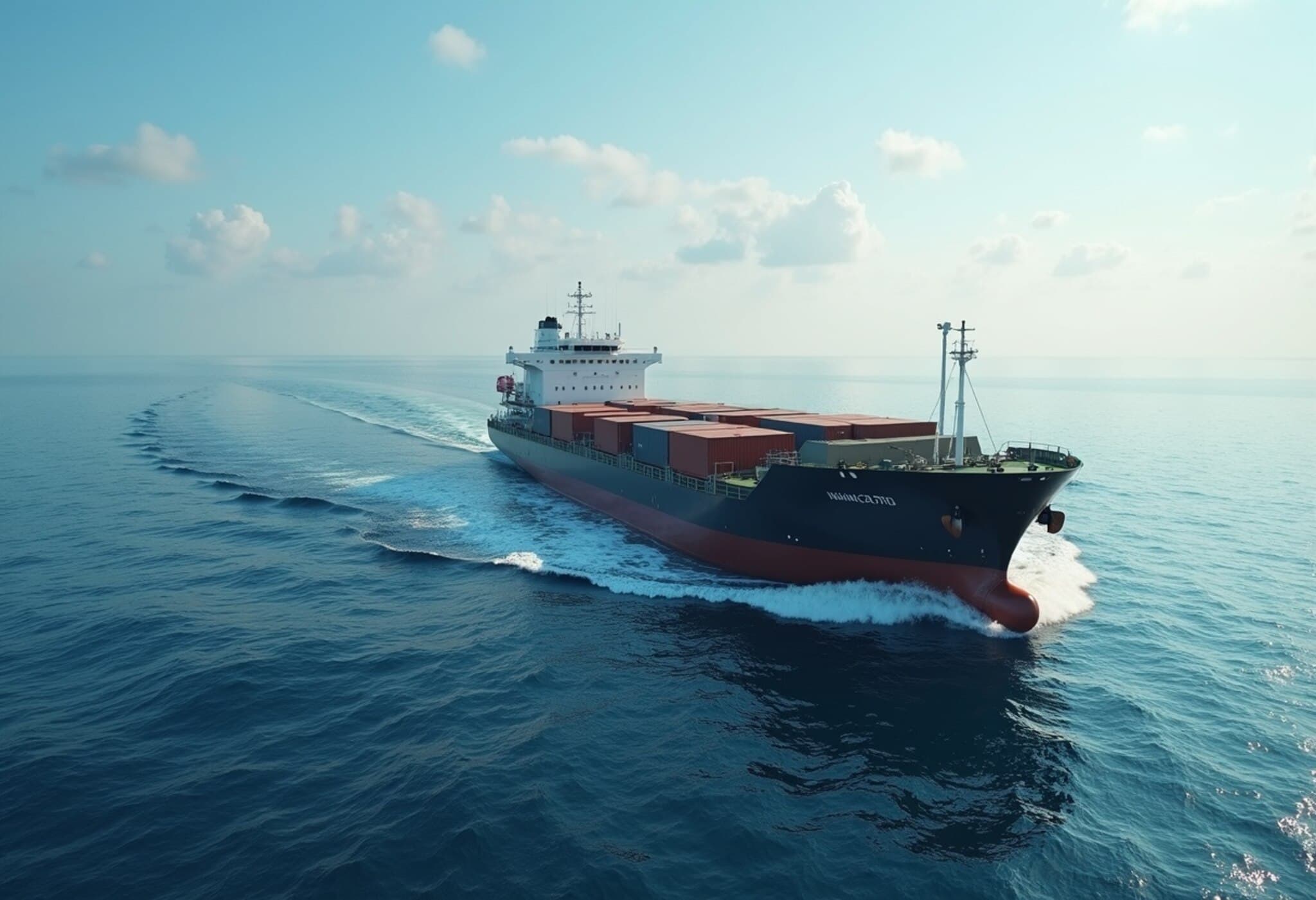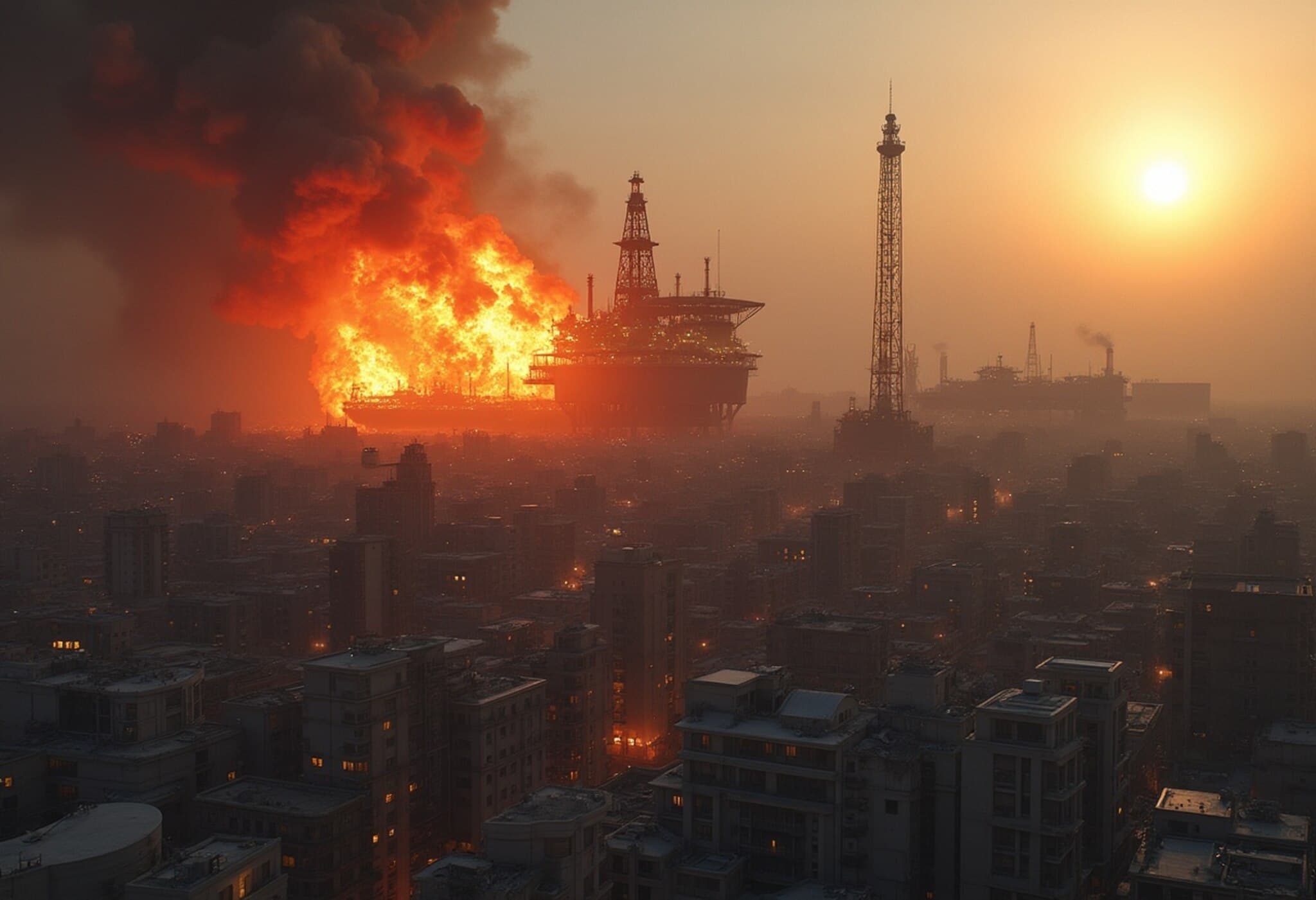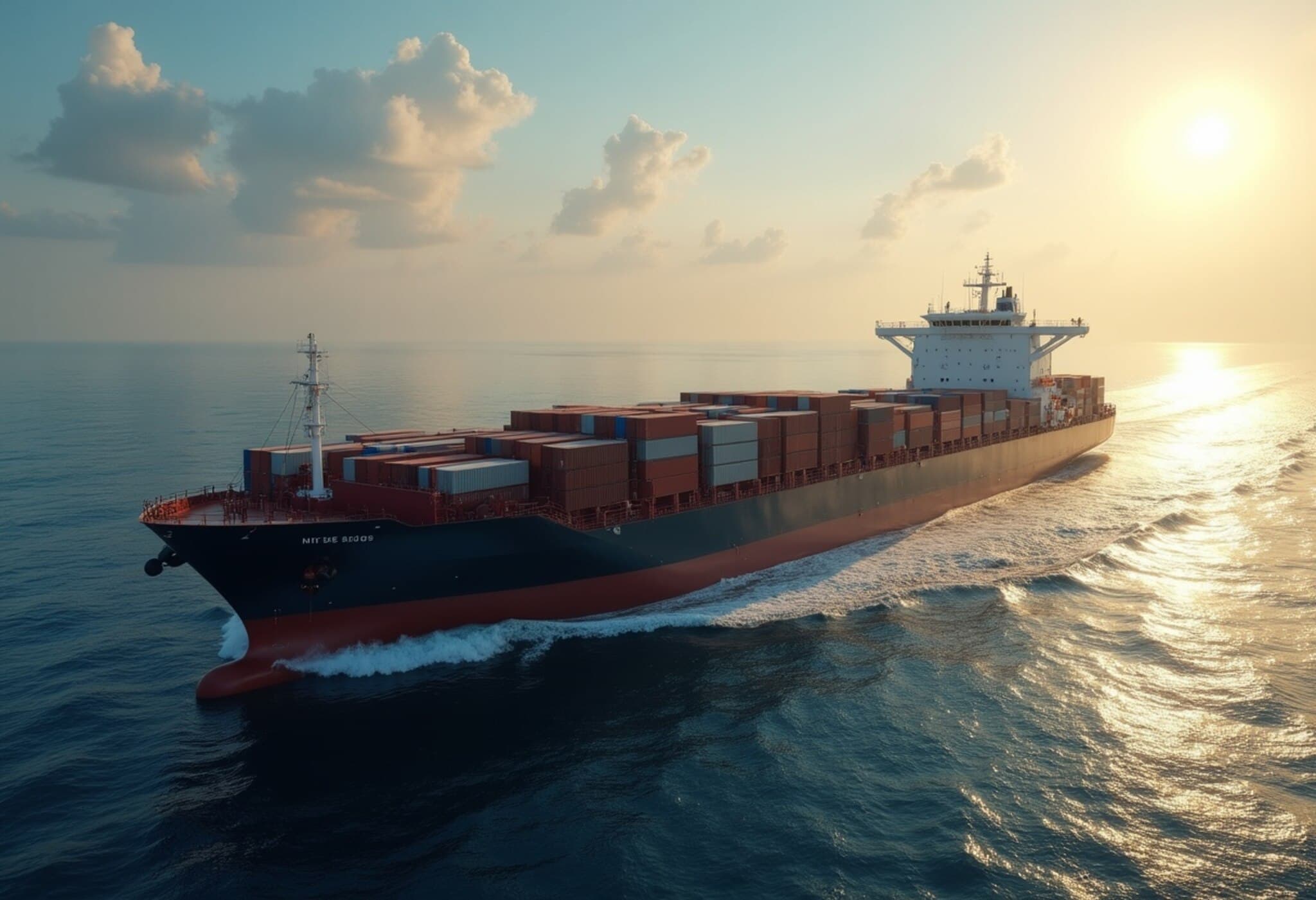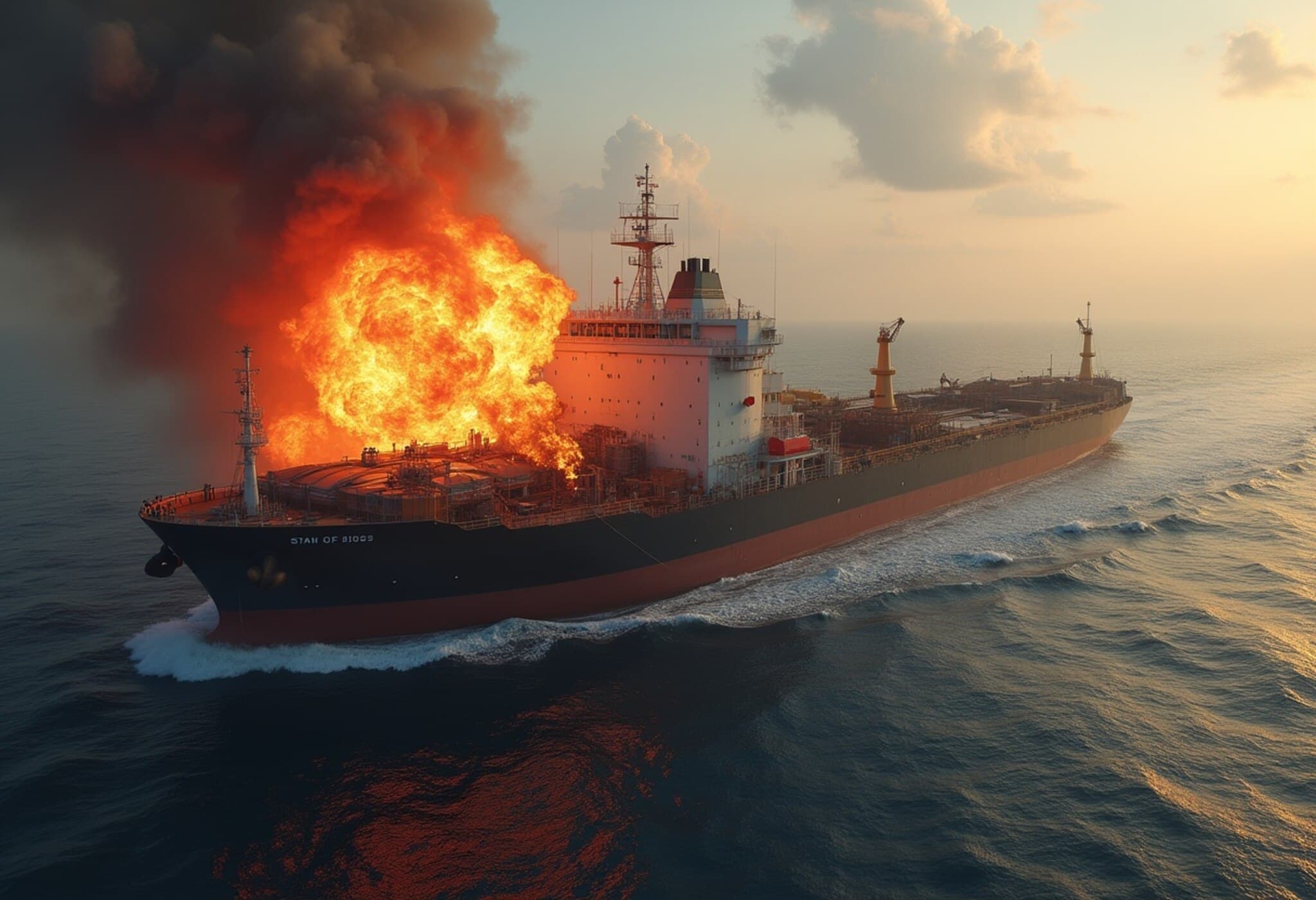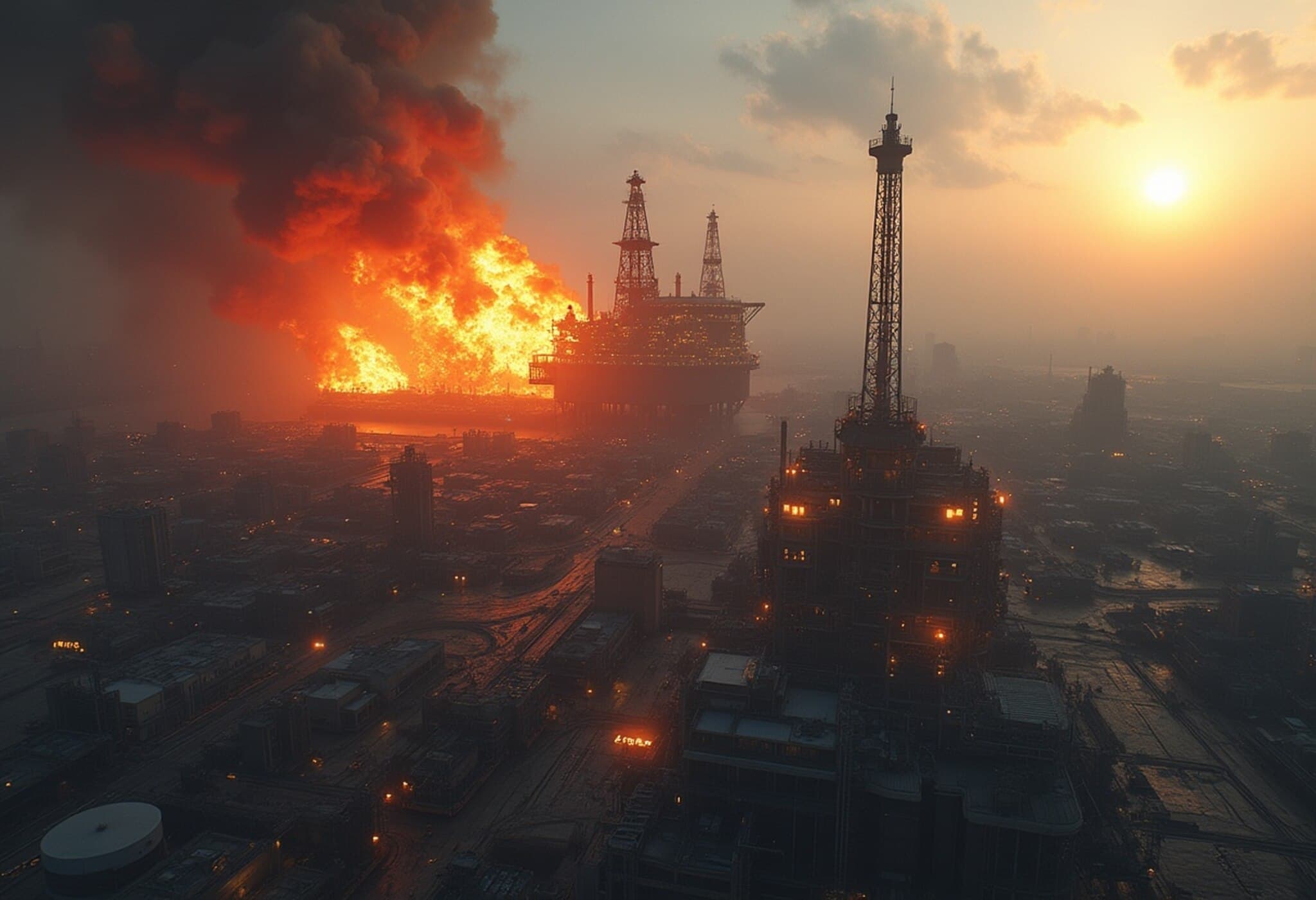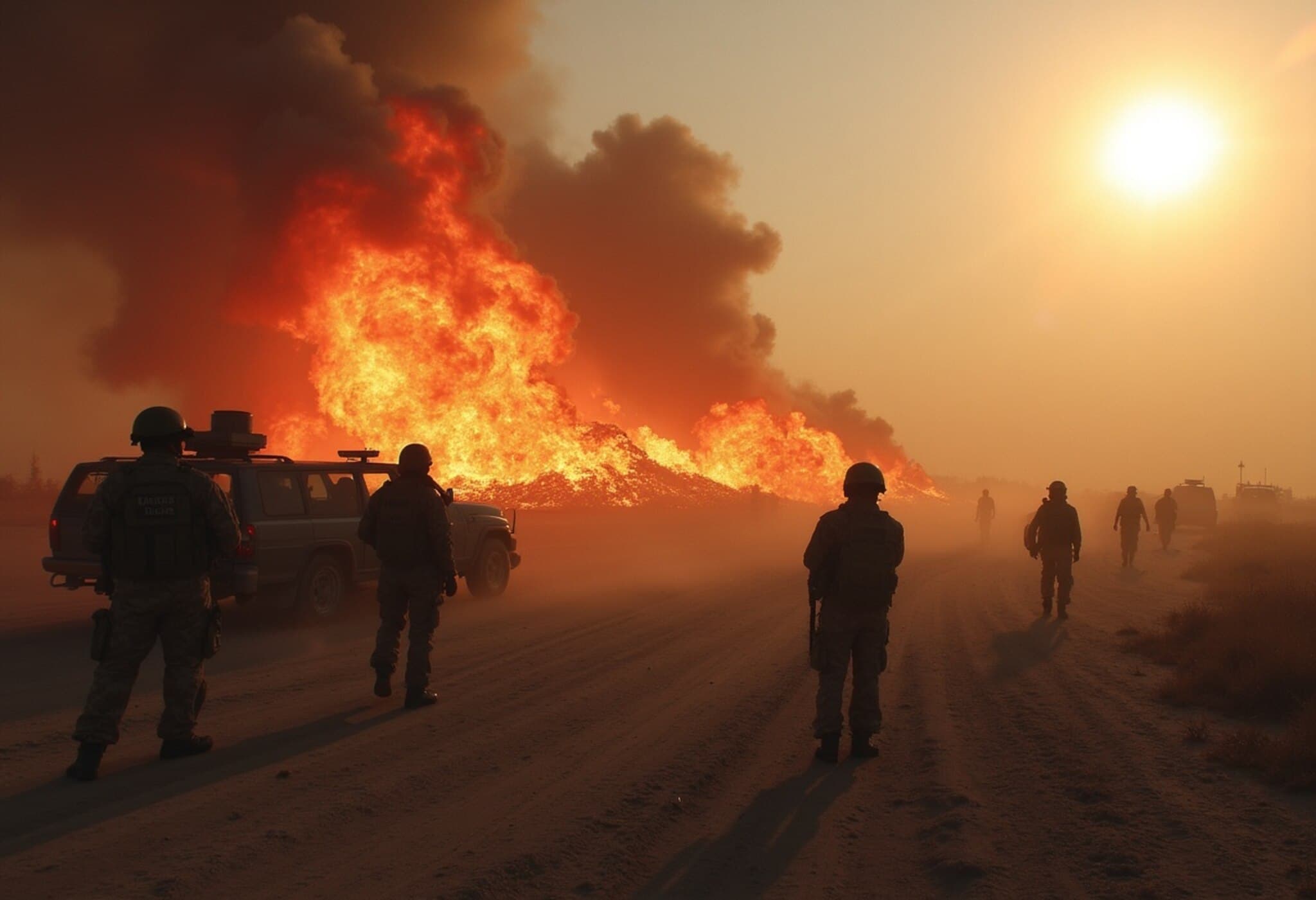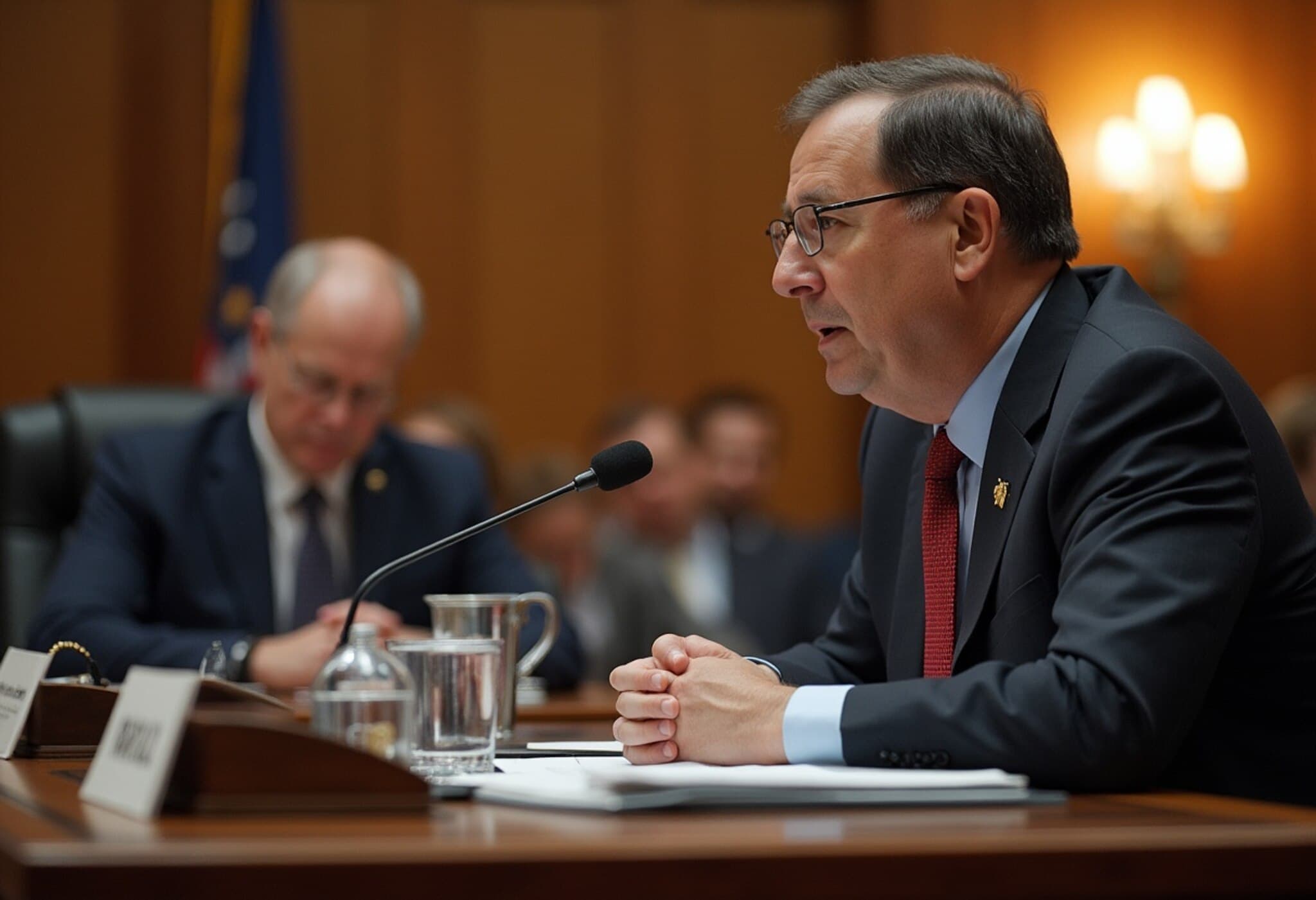Shipping Industry on Edge Amid US-Iran Conflict
The Middle East’s maritime landscape has been thrown into turmoil following recent US airstrikes targeting Iran’s nuclear sites. This development has triggered alarms across the shipping sector, particularly around the strategic Strait of Hormuz, a crucial artery for global oil shipments.
Greece Issues Caution to Shipowners
Greece, the world’s largest owner of oil tankers, has urged its shipowners to reconsider voyages through the Gulf region. The Greek Shipping Ministry circulated a notice advising vessels to delay transit through the Strait of Hormuz until conditions improve, and to seek refuge in nearby safe ports. This warning reflects the increasing uncertainty and risks posed to commercial fleets navigating these waters.
Several Greek shipping companies are still evaluating the situation. Some express willingness to proceed with caution, while others prefer to avoid the area for now. A government spokesperson stressed the importance of prioritizing safety and avoiding routes near Iranian territorial waters.
Heightened Security Concerns Near Strait of Hormuz
The Strait of Hormuz is not just any waterway—it channels about 20% of the world’s oil. Its strategic importance makes it a potential flashpoint, especially as tensions escalate. While some shipping giants continue transit, they remain vigilant and prepared to reassess operations as developments unfold.
Given the possibility of the Strait closing or becoming increasingly hazardous, ships are advised to take the highest security precautions and maintain a safe distance from conflict zones.
Warnings From Naval Groups and Regional Militants
The Joint Maritime Information Center (JMIC), which coordinates communications between naval forces and merchant vessels, cautioned that US-linked ships traversing the Red Sea and Gulf of Aden face an elevated risk of attack. This warning follows provocative threats from Yemen’s Houthi rebels, who recently intensified their hostility toward American commercial and naval vessels after the US airstrikes.
The Houthis had observed a ceasefire with the US since early May, aimed at reducing attacks on naval forces, but this ceasefire appears jeopardized by the recent escalation.
Naval authorities further advise that some US-associated vessels have managed to pass through Hormuz successfully—offering a glimmer of cautious optimism amid the tension.
European Naval Forces Raise Threat Levels
Adding to the unease, European Union naval forces operating in the area have upgraded their threat assessment for US-linked shipping to severe, while rating the risk for other vessels as low. However, officials warn this could change, raising the possibility that all merchant ships might become targets if hostilities escalate.
Impact on Shipping and Global Markets
As conflicts intensify, tanker earnings have surged nearly 90% since mid-June, reflecting the volatile environment for oil transportation. Shipping operators face a tough balancing act between the lucrative but risky Persian Gulf routes and the imperative of crew and cargo safety.
- Shipping companies must weigh risk tolerance carefully.
- Choosing alternative routes could mean longer transit times but enhanced security.
- Insurance premiums and security protocols may increase amid escalating tensions.
In essence, the ripple effects from the US strikes on Iran extend far beyond immediate military concerns, plunging the global shipping industry into a state of heightened alert and uncertainty.

